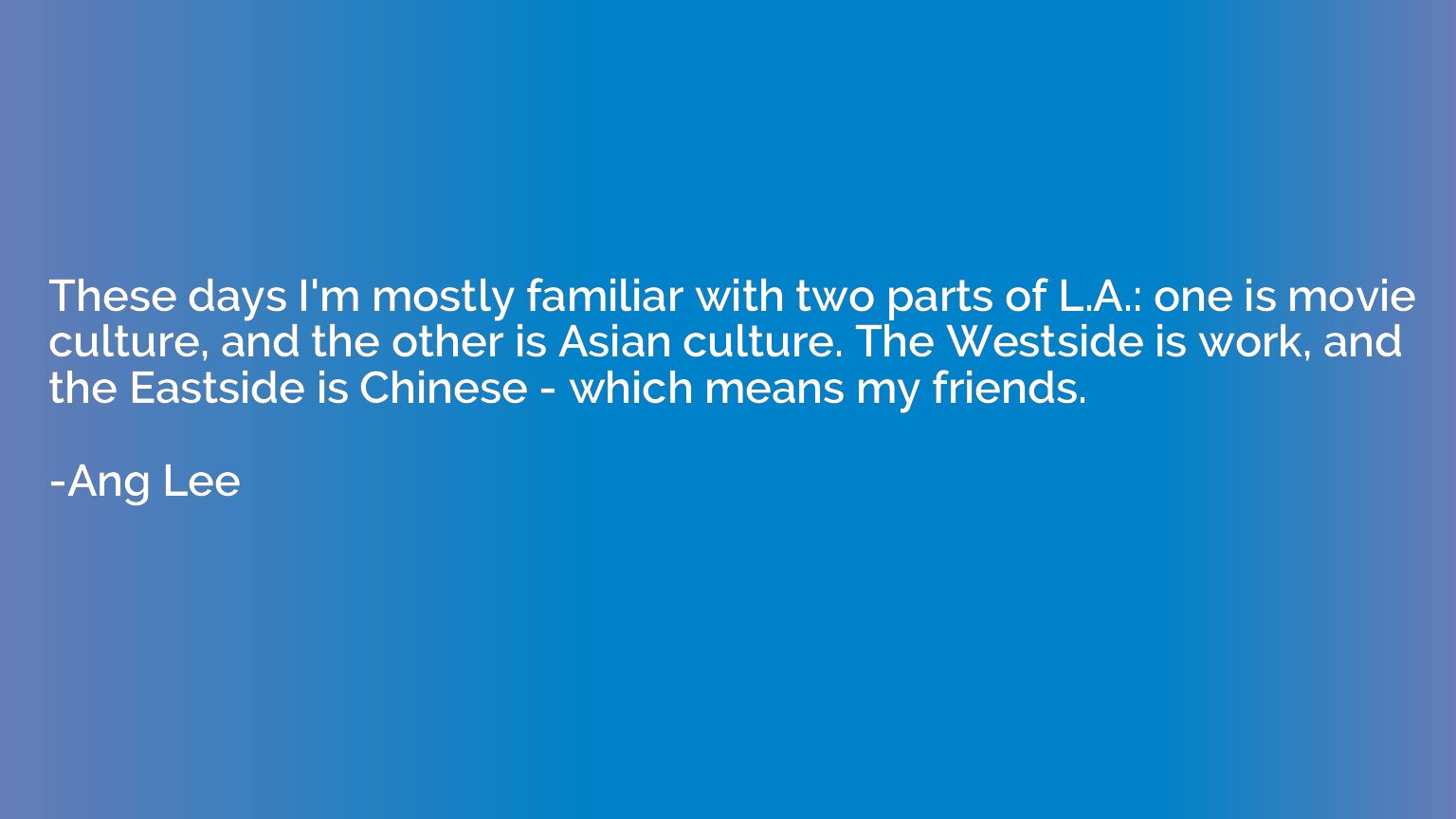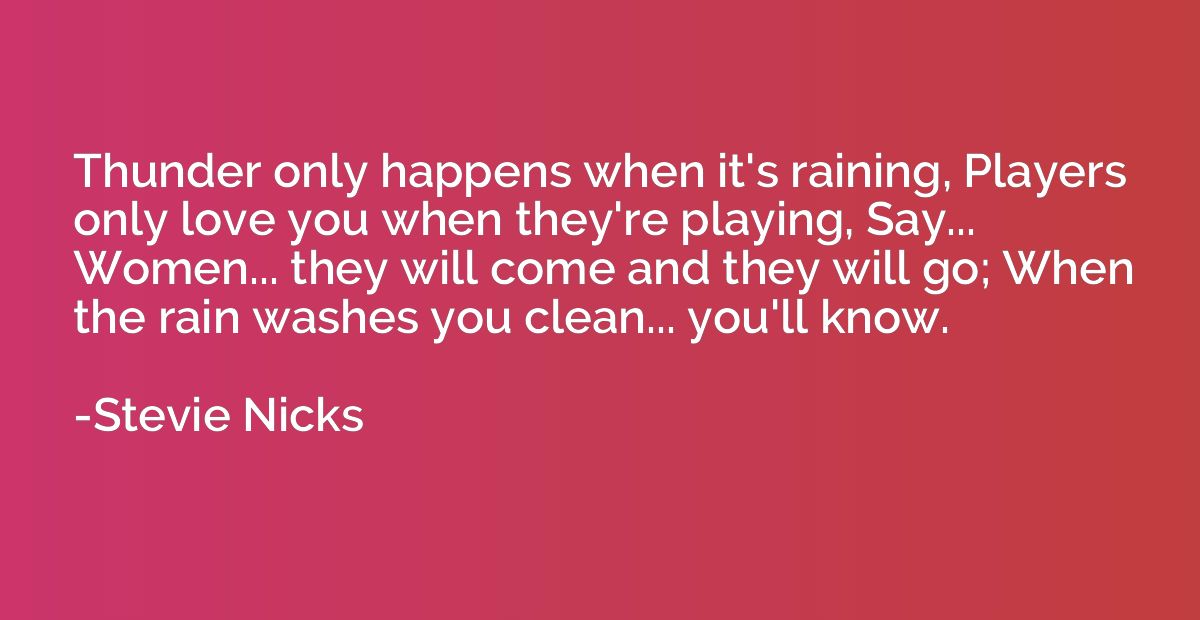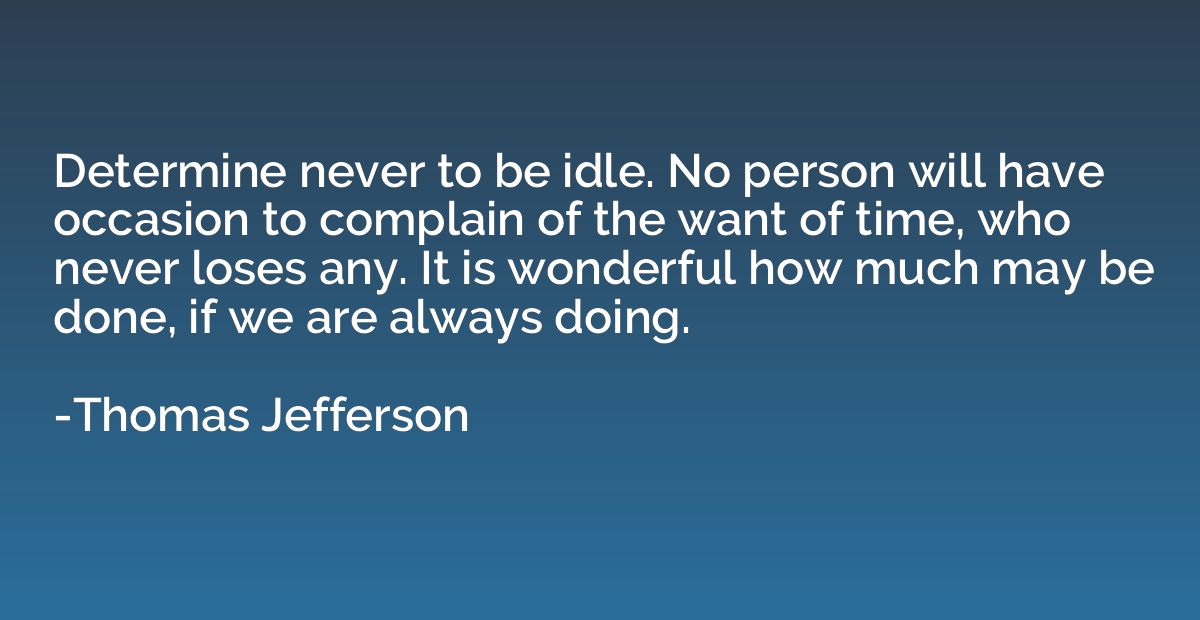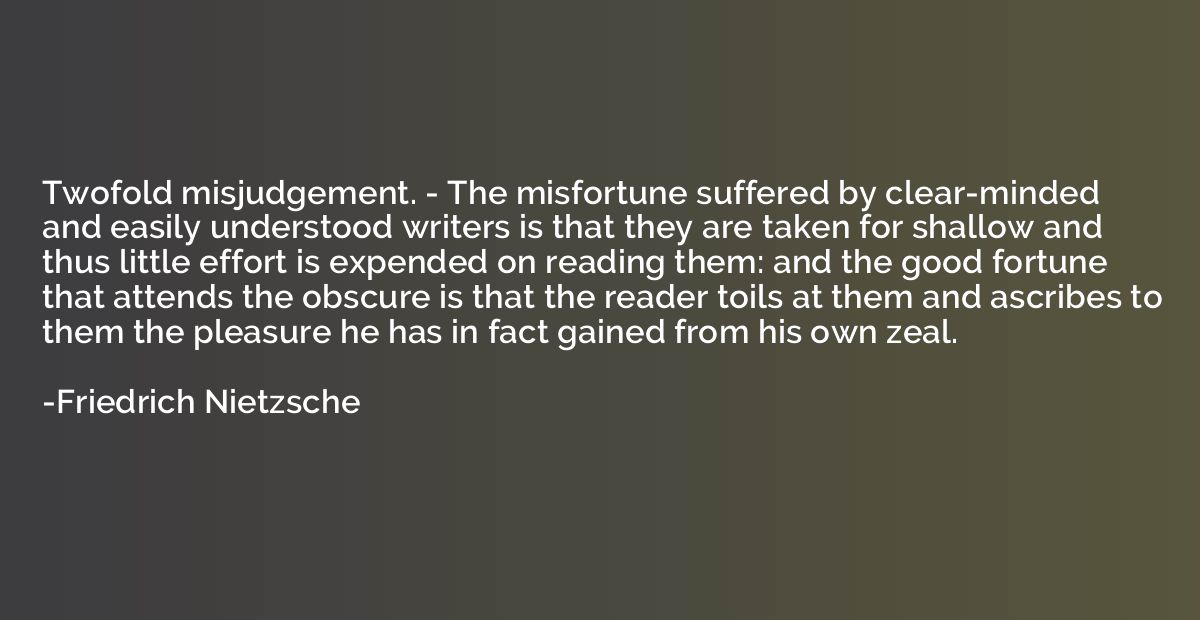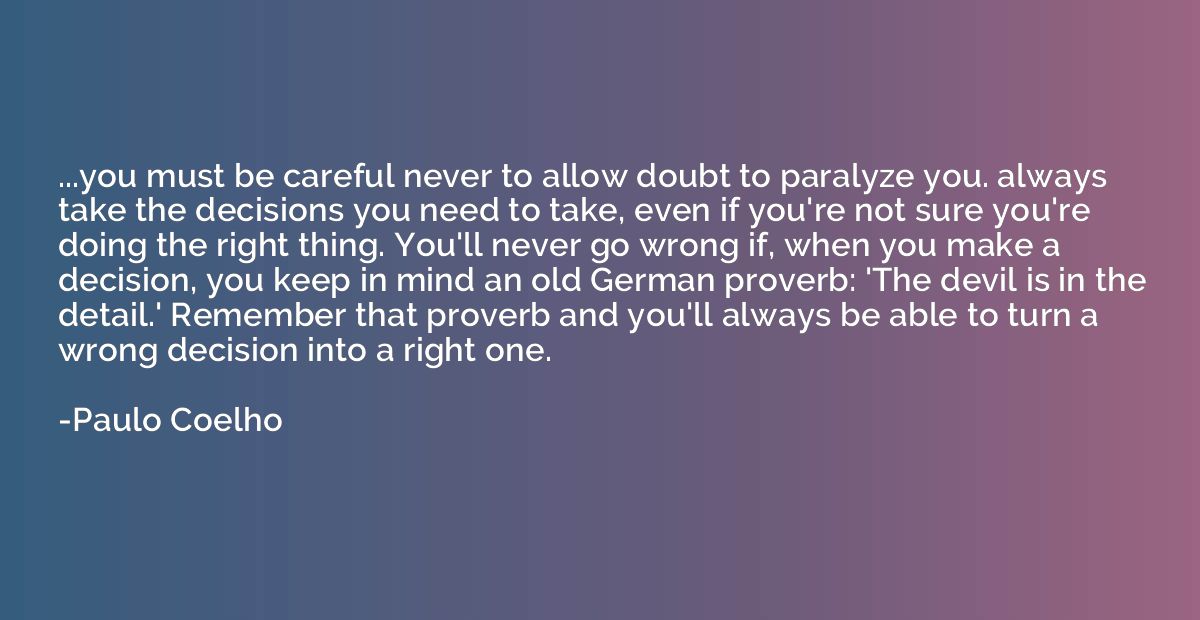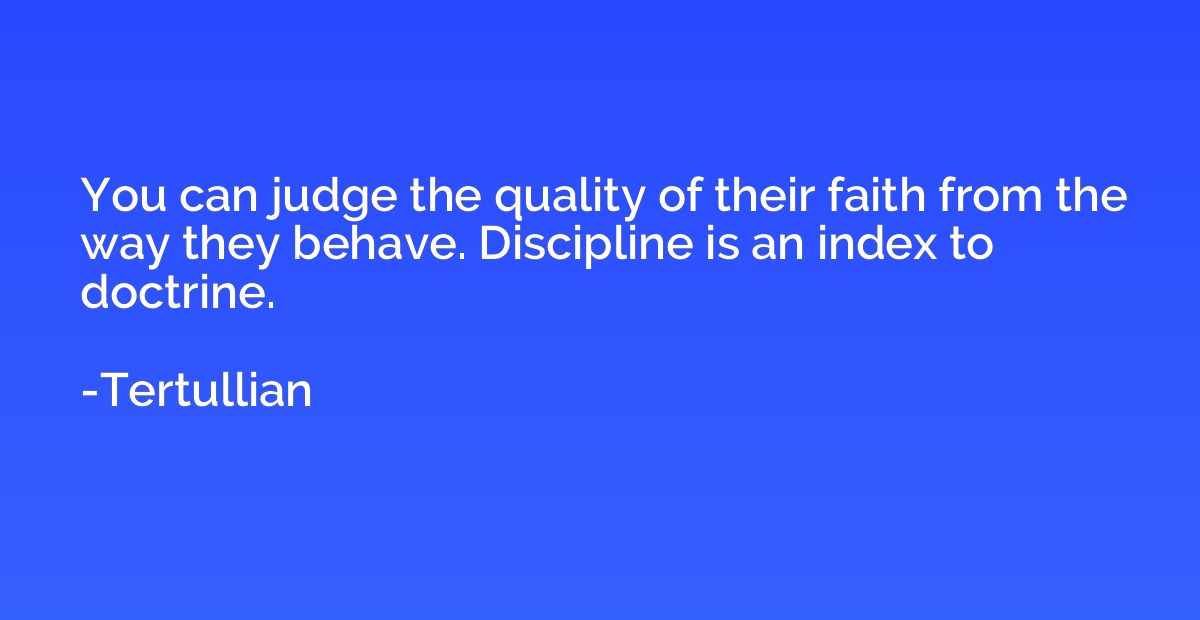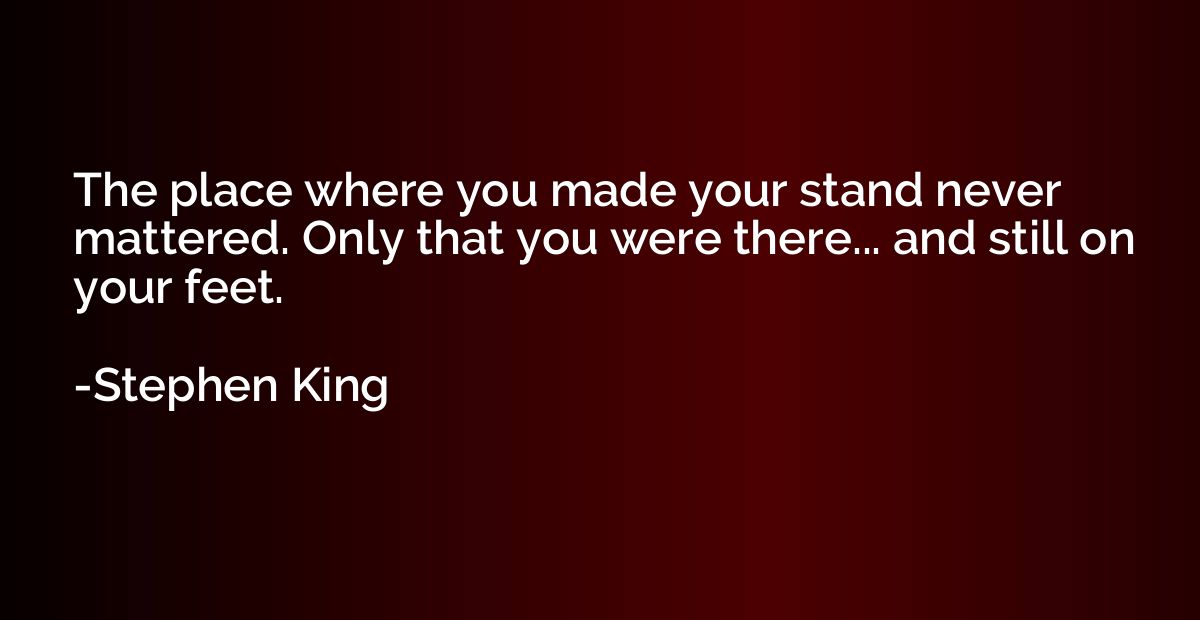Quote by Roger Ebert
It is human nature to look away from illness. We don't enjoy a reminder of our own fragile mortality. That's why writing on the Internet has become a life-saver for me. My ability to think and write have not been affected. And on the Web, my real voice finds expression.
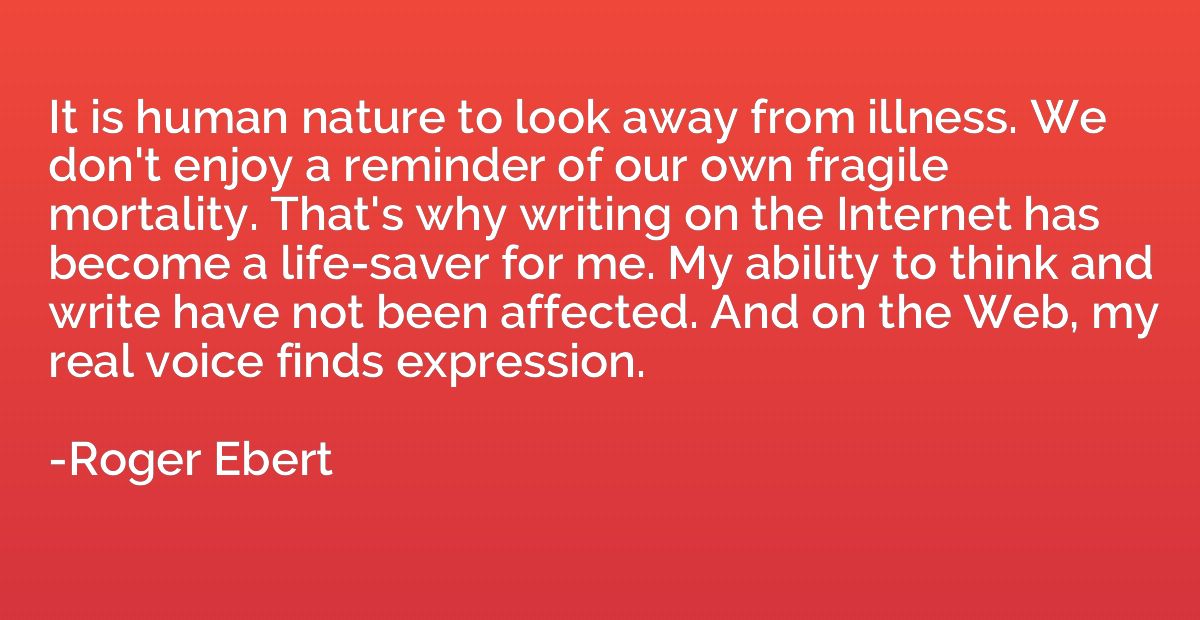
Summary
The quote highlights the tendency of people to avoid confronting illness due to its unsettling reminder of human vulnerability. The speaker expresses a preference for writing on the Internet as it provides a lifeline for them. Despite not being physically well, their mental faculties remain intact. Through online platforms, they find solace in expressing themselves authentically and discovering their genuine voice. This implies that the virtual world holds a unique space where individuals can communicate and connect without the limitations imposed by their physical condition.
By Roger Ebert




